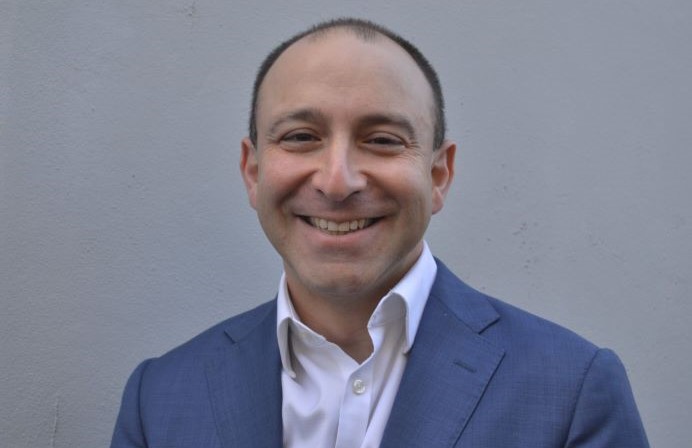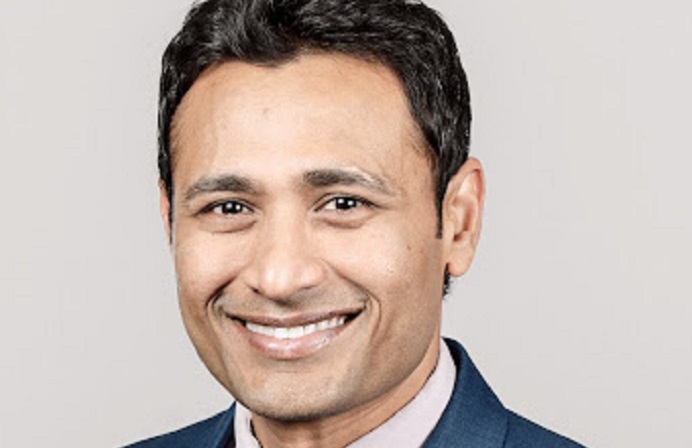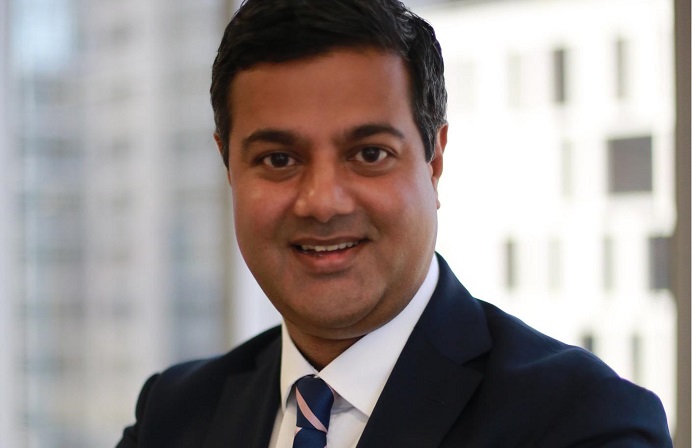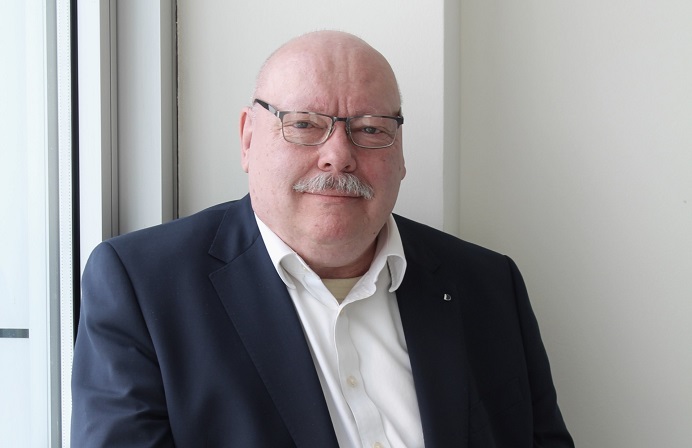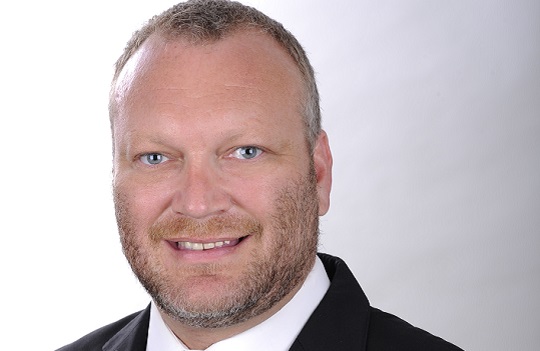
DBS’ Chief Innovation Officer speaks to FST Media about the need to collaborate with startups and what banking will look like in 2020.
FST Media: How are you currently working with startups at DBS?
Cross: Startups are very agile, they spend a lot of time deeply understanding the customers and they keep finding the value proposition which is a very successful approach. We are working with them in a number of different ways. Firstly, we are engaging them with our business team to help do a transfer of skills – particularly around lean start-up, design thinking. What we are doing now is bringing startups and business people together in workshops aimed at inventing new ideas for our digital future. We actually produce something tangible that customers can touch and feel and, at the same time, gain cultural insights from the start-up community.
FST Media: What do you think banking will look like in 2020?
Cross: I believe it is going to be very different from where it is today. The banks which focus on their customers, who deeply understand them and are very clever around the use of technology will be more successful than others. There is a lot of discussion around the role of branches as we see the number of traditional branches declining. We are certainly seeing that happening in Europe. I think the most important thing that banks need to do is to really understand their customers’ journey, what their customers are trying to achieve, and have a highly tailored contextual offer that is delivered friction-free to customers exactly when they need it.
FST Media: What is your innovation strategy with DBS mobile?
Cross: We have a number of strategies around our mobile platform, particularly around mobile banking. We recently released PayLah, which is a peer-to-peer payments mechanism. PayLah has seen significant downloads and usage because it solves a basic problem: when individuals need to pay each other and they do not have cash. It becomes a non-banking solution because they can use PayLah, and then combine it with more of our lifestyle applications. We have also created a platform where small businesses can get together and engage with one another. This platform allows small businesses and startups to learn from each other so we are really trying to add value and provide services beyond banking through the power of mobile.
FST Media: What have been the results of IBM Watson’s implementation, and the program it delivers?
Cross: IBM Watson is a significant project for us and it is starting to bear fruits. Essentially, what we are doing with Watson is trying to access the customer relationship managers and it is quite a complex job. They have to understand the regulation and markets, in addition to understanding all our products. Watson helps guide them and help make the decisions more effective. As a secondary source of information, relationship managers can use Watson to gain insights – it delivers information in a way that is easily consumable for them. We expect we will be going live with our Relationship Managers program towards the end of this year.
FST Media: What is the future of banking and how is DBS making changes to the traditional branch?
Cross: If you look at what banks have been doing with bank branches, there is a very big theme around bank branches wanting to look like Apple stores. Banks tend to put a lot of technology in their branches, but when you look at Apple stores, there is actually very little technology in their stores, only products. For me, it is thinking about the design to deliver the best outcome for the customer. The branch should be a place where customers feel they can spend time. It is about trying to make the branch a place where we can keep the customers excited and give them a joyful experience. It is about being very well-designed and having technology that actually suits a purpose. We will certainly see branches move to a space where people are coming more and more for advice as transactions go online and mobile.
FST Media: What role does innovation play in the overall customer journey?
Cross: Innovation is a complex word. For me, innovation is not about technology, it is really just doing something different and something that is successful. What we do is we look at the journeys our customers are taking and then we try and get inside the mind of the customer, feel like we are the customer. We actually create a pretend customer that represents our base. We give them a name and age and occupation, and then we take them through the journey as they apply for a mortgage or applying for a credit card, and we try to understand what they are going through. We consider what they are thinking, what are their emotions, what is their experience, what they are concerned about, and then try and improve that process so their journey is more joyful.
FST Media: What does the role of chief innovation officer entail?
Cross: My job really is to look at things that we are not currently doing. The biggest single challenge for me is that I want to fundamentally change the culture of the bank, help everyone be a little bit more creative and test their assumptions. My team is fairly small but there are 20,000 people in the bank. The question is: how can I scale through them? Also, my role is about connecting to the wider community, the thought leaders around the world, the startups, the vendors, and how can we harness that intelligence and expose bank staff to their products as well. I am very focused on how we engage the business, both through technology and through face-to-face workshops. Ideally, the innovation job really is to get people to think a bit differently and to experiment with new ideas.
FST Media: Will we be seeing some announcements soon regarding DBS looking to partner with startups?
Cross: Absolutely, we will have a lot more announcements in the near future but we do have a mission to help build Singapore businesses as well. We are very focused on that goal. As the largest bank in Singapore, we have a responsibility and we are working with organisations like the IBA, MAS, NRF and seeing how we can help grow innovation startups in Singapore and the wider Asia region.
FST Media: Every leader has a legacy they wish to be remembered for. What is yours?
Cross: The legacy I would like to be remembered for is that I taught a bank how to act like a start-up. Certainly, it is going to be long journey. It is going to be a hard journey, but that is the legacy I would like to leave.

